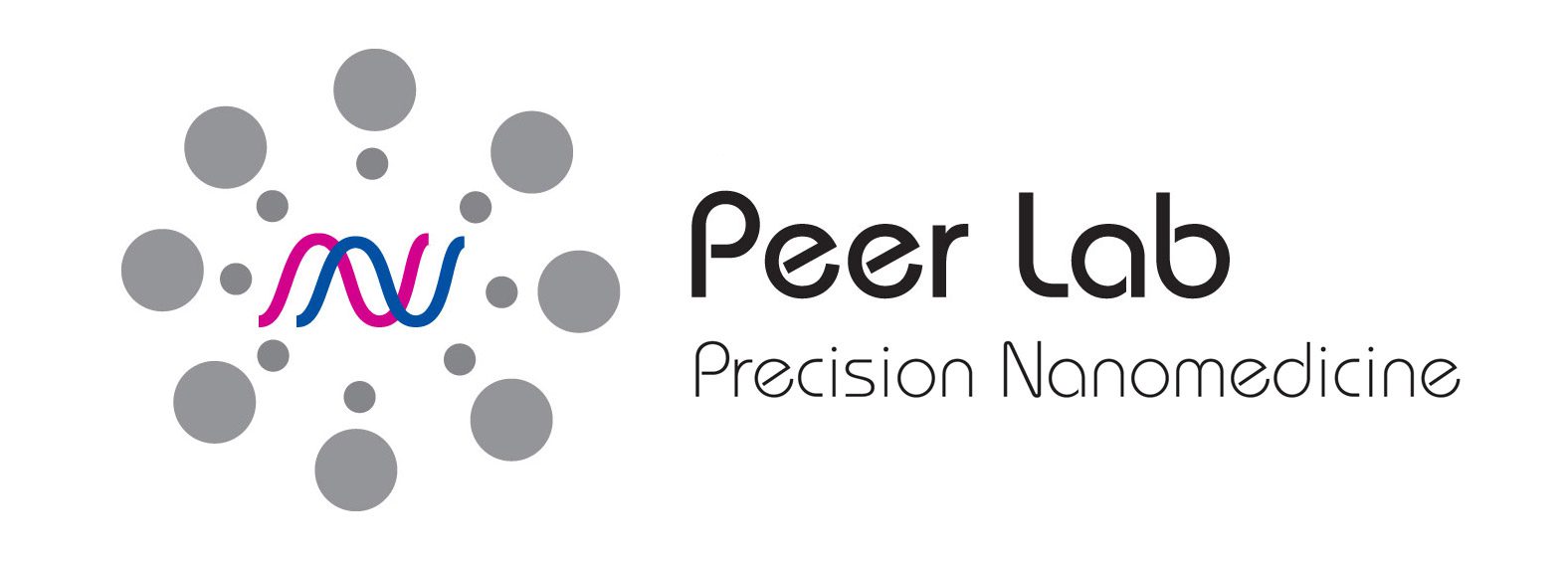RNA therapeutics is an emerging field explored in various types of diseases such as genetic disorders, cancer, inflammation and viral infections. Currently, most of the research focuses on the delivery of mRNA molecules that will transiently express a certain protein that can replace a defective protein or manipulate gene expression in the cells. My lab was the first to show systemic, cell-specific delivery of mRNA molecules in animals. Our approach was translated to several clinical trials in the field of infectious and monogenic diseases.
In replacement therapy, the main hurdle of using mRNA is the relative short half life of the mRNA. To address it, we suggest an approach for long-term expression: Circular RNA (circRNA), a covalently closed loop single stranded RNA that has a significant prolonged stability compared to linear mRNA. Thus, presents a great advantage in replacement therapy.
Duchenne muscular dystrophy (DMD) is caused by X-linked recessive mutation in dystrophin gene, leading to lack of functional dystrophin protein. This disease affects 1:5,000 males, causes a progressive loss of muscle tissues, ultimately leading to disability and premature death. Because DMD pathology is caused by the lack of functional dystrophin, restoring the function of dystrophin is a potential therapeutic strategy.
As Lipid nanoparticles (LNPs) are the most clinically advanced candidate for RNA delivery platform, able to entrap large RNA payloads, herein we propose an innovative multidisciplinary approach for the specific delivery of circRNA-LNPs to muscle cells that will express the dystrophin protein and replace the defective one in a DMD mouse model.
The long-term expression of the circRNA will offer new hope for the treatment of monogenetic diseases such as DMD. This approach may ultimately become a novel therapeutic modality for DMD and open new avenues for implementing circRNAs for other types of genetic disorders and vaccines.

